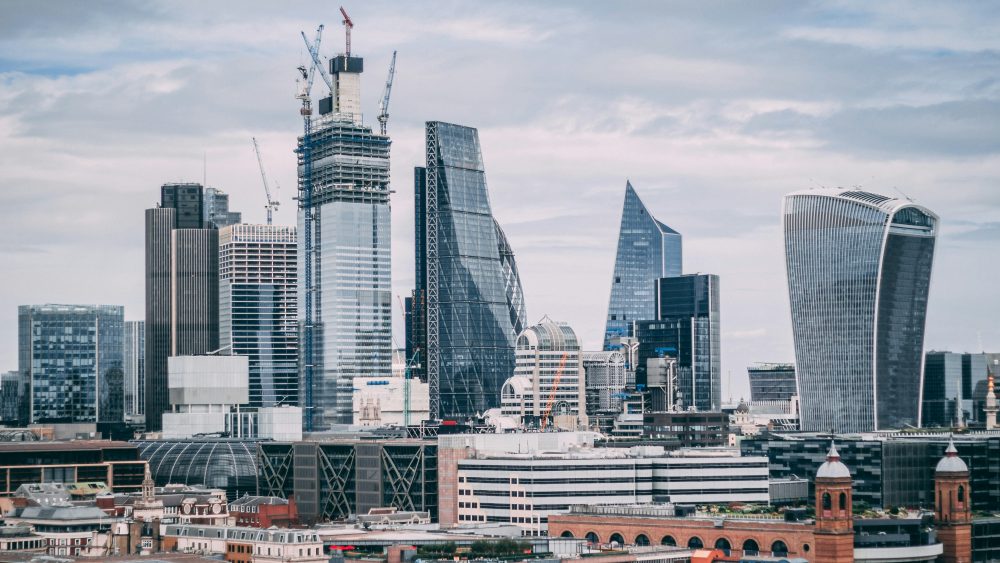I always remember an old campaigning friend of mine, Jose, being asked on live South African TV, ‘So, does your organisation want to break the economy then?’ The tricksy journalist intended to put him in a corner, but he simply shrugged and said, ‘The economy is already broken’.
We can all see signs that the economy isn’t working.
Wealth is trickling upwards, inequality is growing, work doesn’t pay enough to live on, and in the pursuit of GDP growth we are putting the planet we live on at risk. We work and study long hours, missing out on time with our families and time for our passions.
Does it have to be this way?
Today we live in a world where anything is possible. We’ve put aeroplanes in the sky and people on the moon. We’ve invented vaccines that save countless lives each year. We’ve created the internet and global communications that our grandparents could barely imagine.
Many voices are calling for bold changes.
In September the Archbishop of Canterbury, Justin Welby, made headlines when he said that our economic model is broken. He called for a new approach, ‘in the service of human flourishing and the common good’, saying we have reached ‘a watershed moment where we need to make fundamental choices about the sort of economy we need’.
Projects examining economic alternatives abound; from Kate Raworth’s Doughnut Economics, to the Ellen MacArthur Foundation’s work on Circular Economy.
And there are many hopeful examples of people doing things differently, challenging the idea that there is no other way through action.
In 2015, French actor Mélanie Laurent – perhaps best known for her star role in ‘Inglourious Basterds’ – directed the crowdfunded film Demain. The movie tells the story of inspiring initiatives from around the world where people have successfully thought outside the box, and made changes in their communities; from the creation of local energy companies, to alternative currencies similar to the Bristol Pound and Swiss WIR, to community farms like Riverford in Totnes that help transform communities.
At Happy City, we also believe believe another way is possible, and necessary. That’s why this year, as well as promoting alternative measures to GDP growth, we will be campaigning for change and asking tough questions about our economy.
Is it ok that the richest 1% have more wealth than the rest of humanity?
Is it ok that our economy rewards bankers, bonuses and bailouts, and neglects health care, homes and happiness?
Is it ok that by 2050, there could be more plastic in the sea than fish?
Our #InvestIn campaign is calling for a radical rethink of the economic rules, to put values back at the heart of our economy. Leaders and decision-makers must do better, and invest in what creates real wealth in our society. We will challenge them to do so, but also celebrate how ordinary people and communities can build a better economy.
Because it’s not too late to shake things up, and to build a new economy that invests in, and values, what really matters.
Emma Seery, Happy City Campaign Manager
Photo by João Barbosa on Unsplash



Comments are closed.